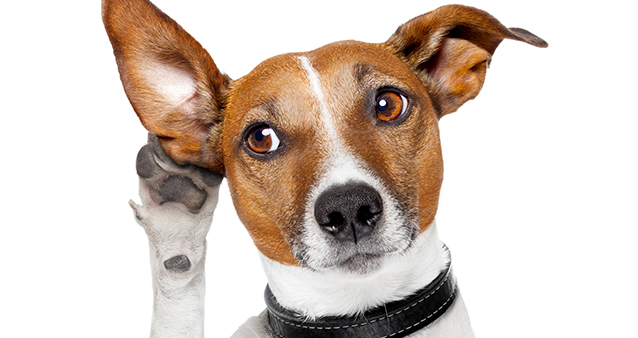Pet Peeve? The Truth About Dog Registration

The Western Cape's mandatory dog and horse registration may soon extend to smaller animals. What does this really mean for pet owners in the Cape?
"How to register a dog." Whoever thought that this would be something South African pet owners would need to google? Despite the hype, the Animal By-law has actually been in place for a decade, stipulating the need for dog and horse owners to register their animals and specifying how many pets you can own based on the size of your property.
The City of Cape Town is now looking to expand that to include smaller animals, too. Its expanded animal keeping policy aims to provide guidance to pet owners in terms of their duties as animal keepers. The draft Animal Keeping By-law is currently open for public comment, and has been endorsed by the SPCA. So, what's it all about?
The Buzz About Smaller Animals
Ultimately, pet registration aims to ensure animal welfare and lay out the duty of care that rests on the owners of any animal, great or small. (And we really do mean small: even beekeepers are included.) In this way, the City of Cape Town will be able to monitor and control its animal population. For animal lovers, it's a no-brainer.
Tony Gerrans, the Executive Director of the Humane Society International: Africa and legal advisor to the Cape Animal Welfare Forum (CAWF), has chaired the sub-committee tasked with driving the revision of the Cape Town City Animal By-law. He says that it's less about pet registration and more about restricting the breeding of stray and free-roaming animals, which also creates public health issues.
"The animal welfare community collectively pays most of the costs of dealing with those animals, and there are quite a number of human consequences of those, such as disease, waste and dog bites," he says.
If passed in its current format, the new by-law will mandate the need for a permit to allow for the keeping of unsterilised animals. Only legitimate breeders and those with valid reasons for keeping unsterilised animals will be allowed to do so, provided they participate transparently in the registration process.
Why Do We Need Pet Registration?
"There's a major cost implication, which the private sector is bearing at the moment," Gerrans explains. "The CAWF, made up of 35 members who work across Cape Town dealing with stray and free-roaming animals, are raising a sizeable amount of money to deal with this." The organisation is removing animals off the street, rehoming some and being forced to destroy others.
"This is not sustainable in the long-term and does not promote an ethos of humane care," Gerrans says. "It is really a matter of public interest and should therefore be a matter of public policy. Obviously, the by-law had to be a balancing act between promoting the legitimate interests of people to keep pets inside of their personal property and preventing unscrupulous breeding."
Pet Registration And Pet Insurance
Terrified of your beloved pet going missing, being stolen or getting mistaken for a stray? That's another reason why the by-law is so valuable. It creates a pet registration database that not only tracks Cape Town's animal population, but lets welfare organisations know that when they pick an animal up on the street, it has an owner. The owner's details are on said database, allowing for happy reunions.
"The database would allow the city to keep track of animals that have owners on a citywide basis as opposed to just seeking a microchip or an identity tag on a dog's collar," explains Gerrans.
For now, there is no clear impact of the by-law on pet medical aid. "I don't know whether the pet insurance industry is going to use the new by-law to promote compliance in terms of insurance requirements," Gerrans admits. "It's not something we've considered. I don't imagine that people who have pet insurance will find this problematic at all though."
No matter where you are in South Africa, Hippo's handy pet insurance comparison tool will help you get the best cover for your pet – whether it's registered or not.
This article is for informational purposes only and should not be construed as financial, legal or medical advice.
Hippo Blog Categories































